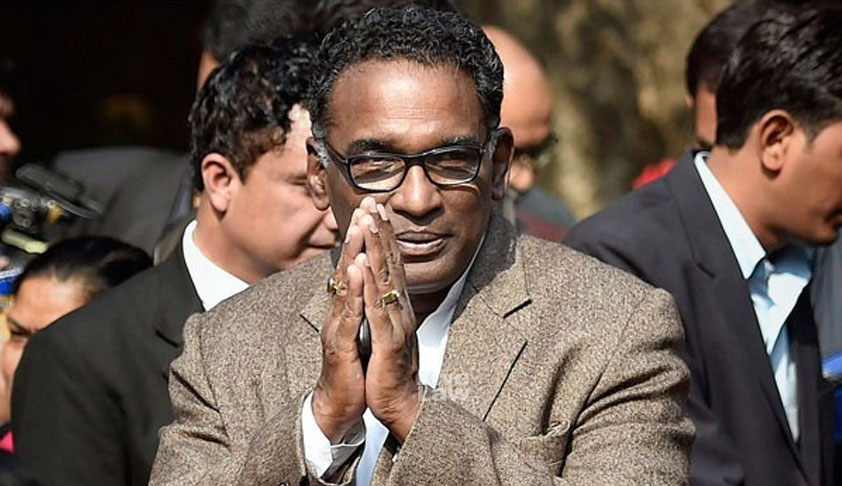The Legacy of A Contrarian In The Court- Reminiscing Justice Jasti Chelameswar on his retirement
Manu Sebastian
18 May 2018 7:36 PM IST

Next Story
18 May 2018 7:36 PM IST
“I am something of a contrarian, I suppose. I feel less comfortable when everybody agrees with me. I say, 'I better re-examine my position!' I probably believe that the worst opinions in my court have been unanimous. Because there's nobody on the other side pointing out all the flaws”- so said the maverick judge of US Supreme Court Justice Anton Scalia. In the Indian context, this...
